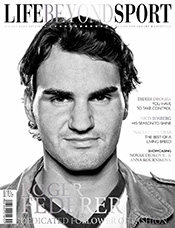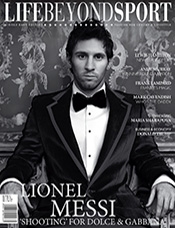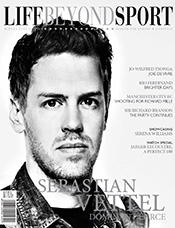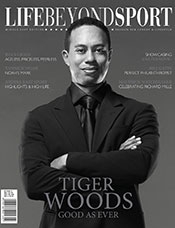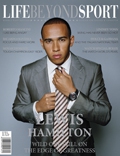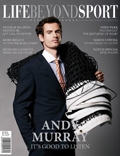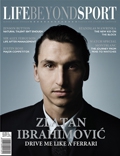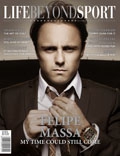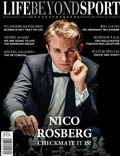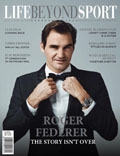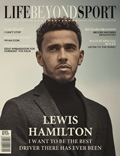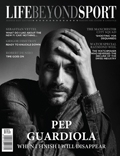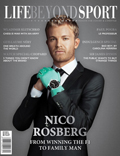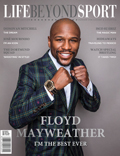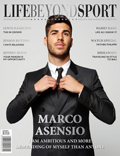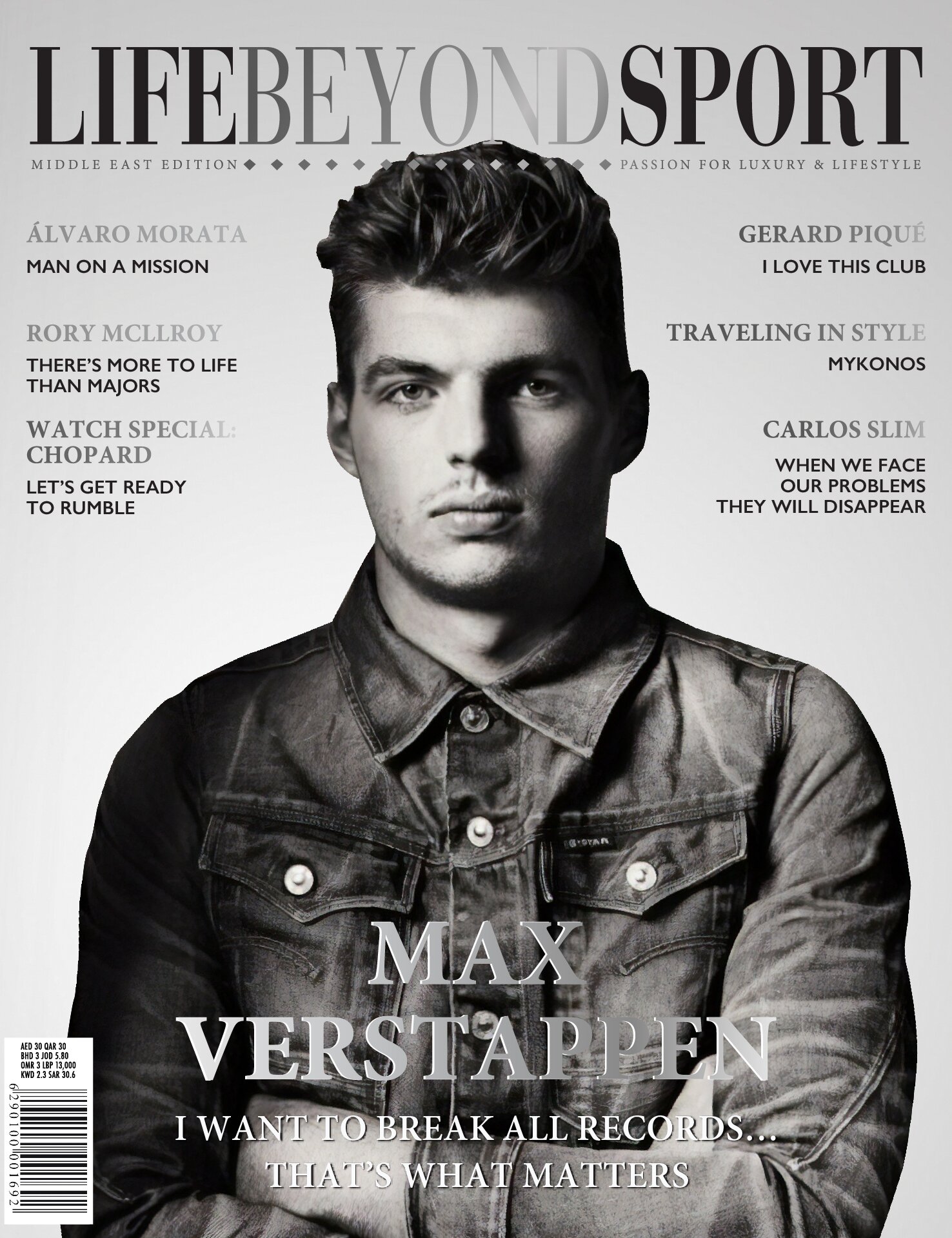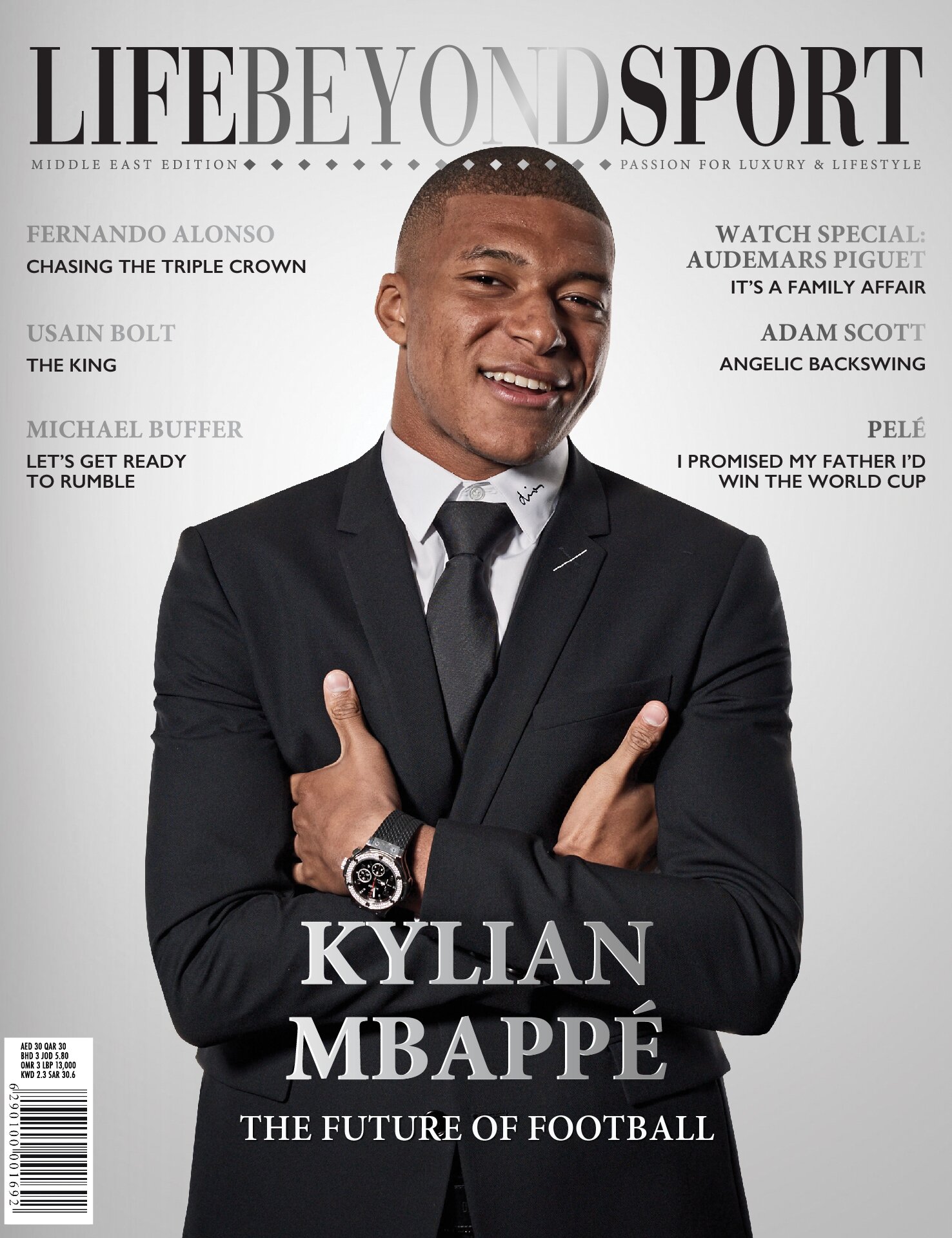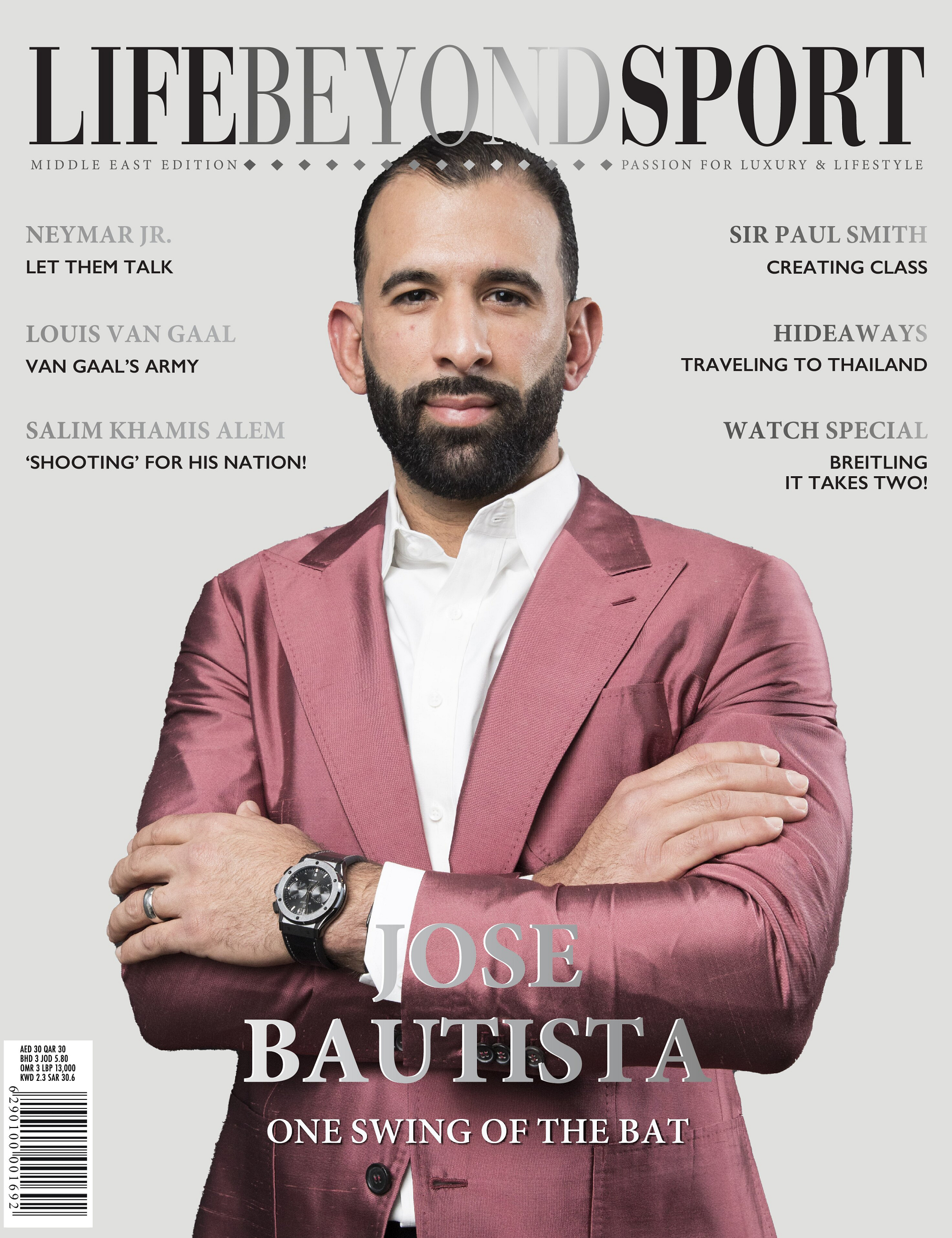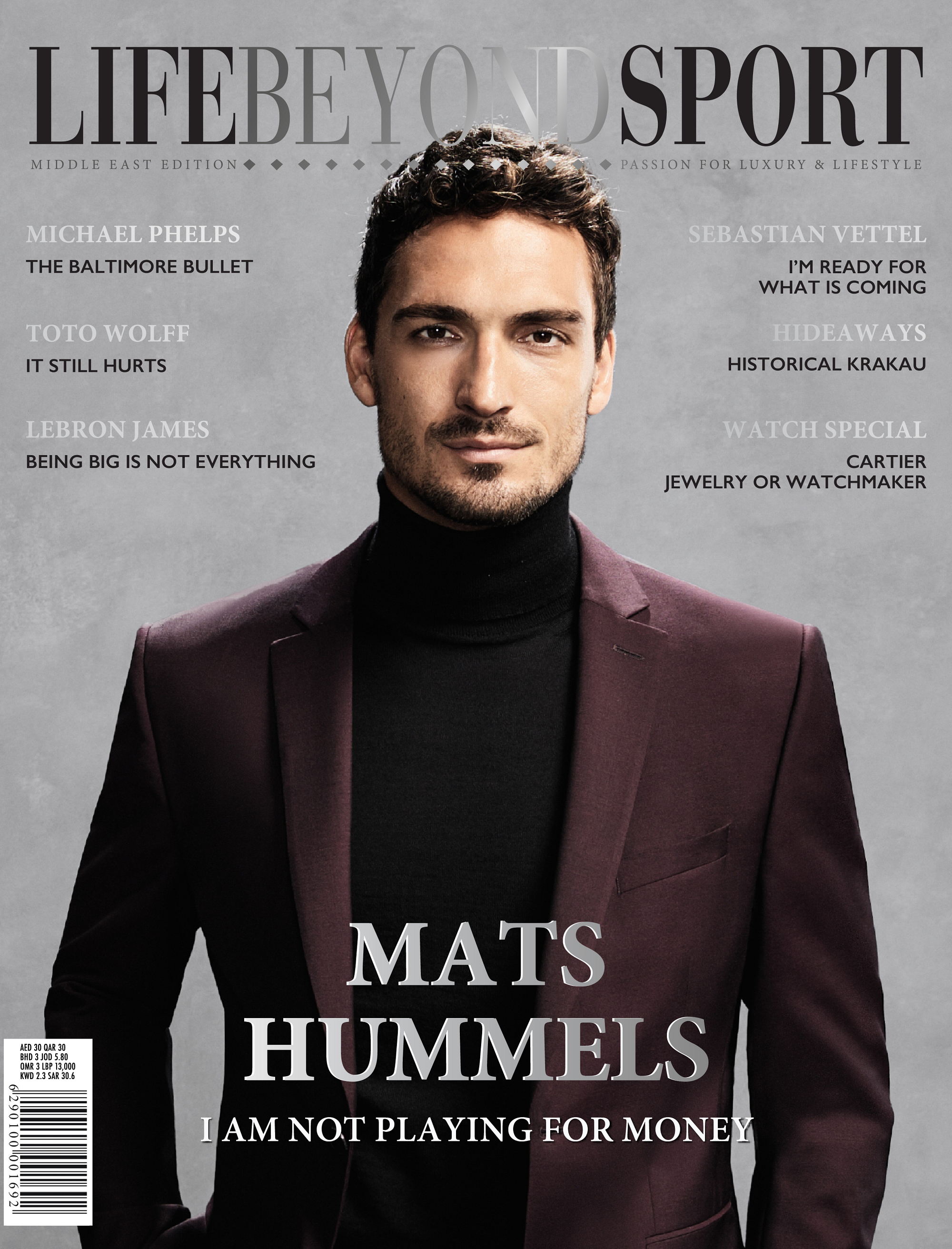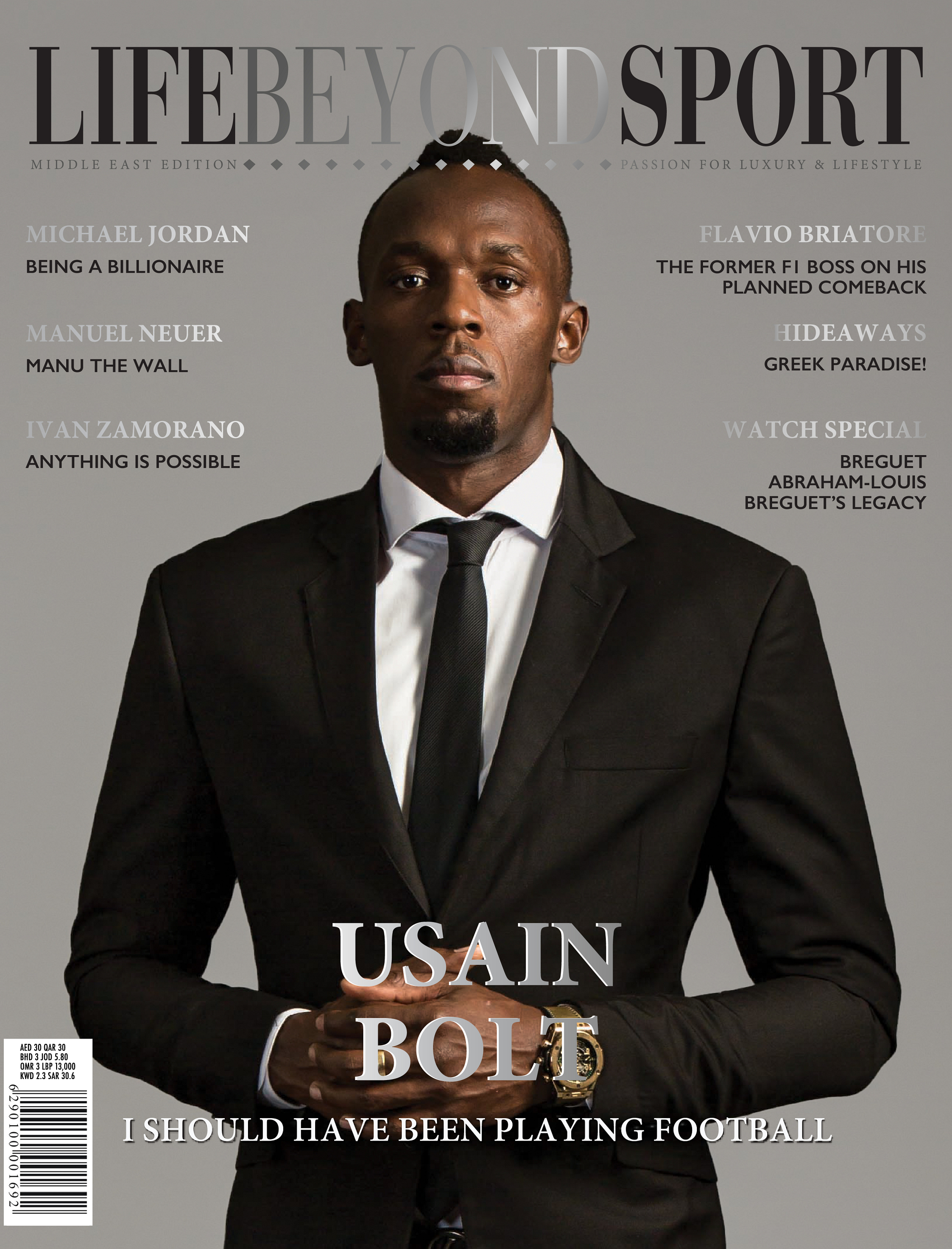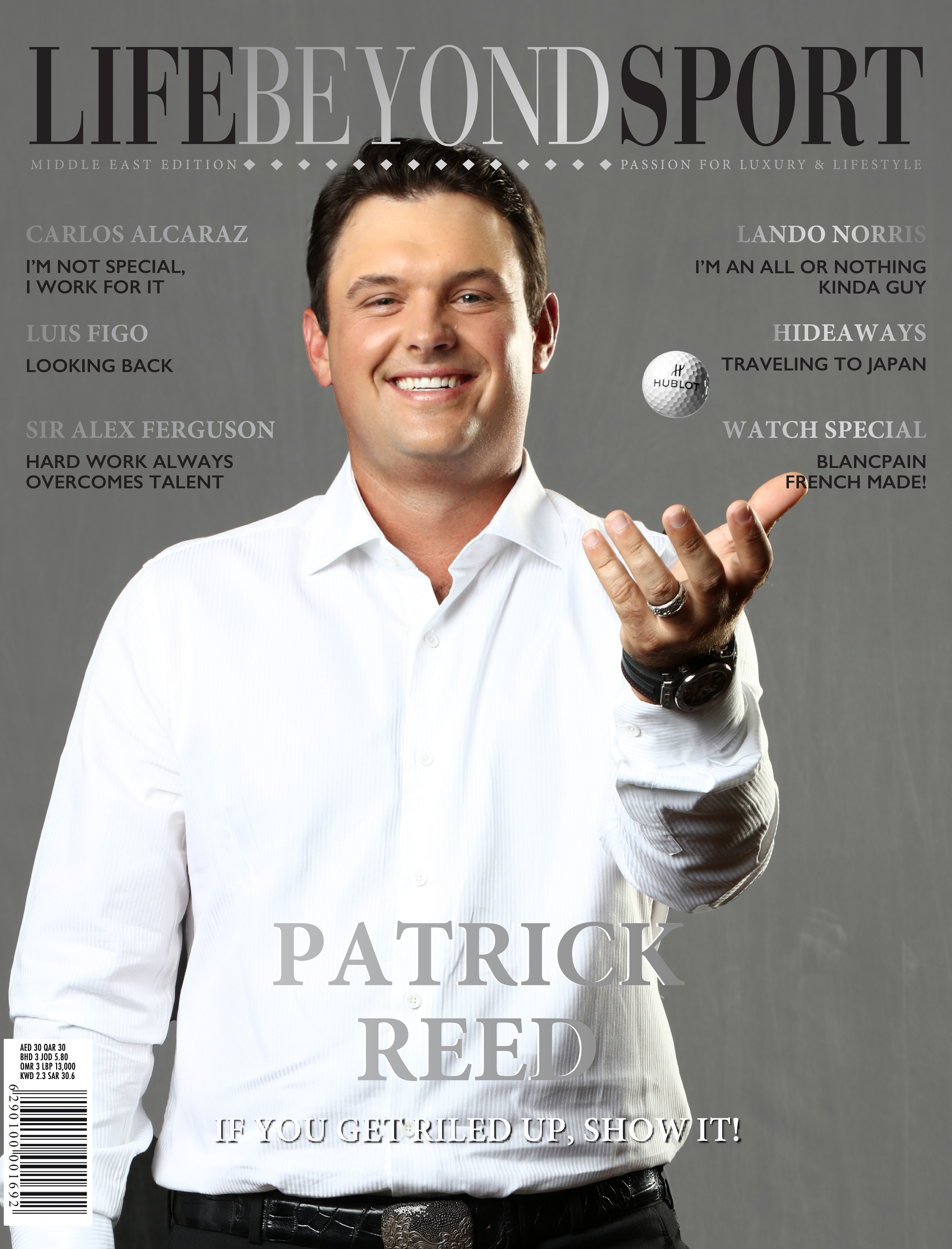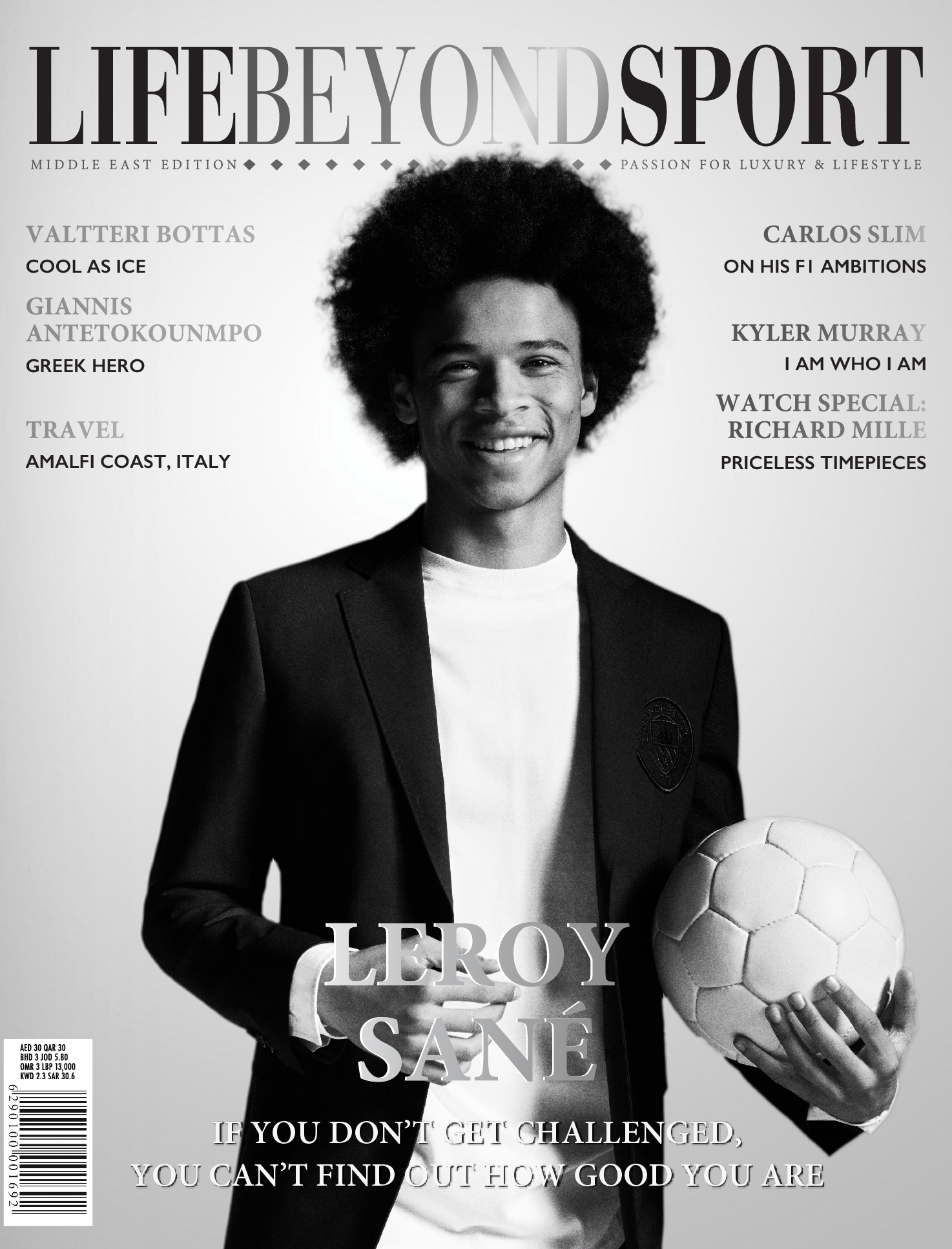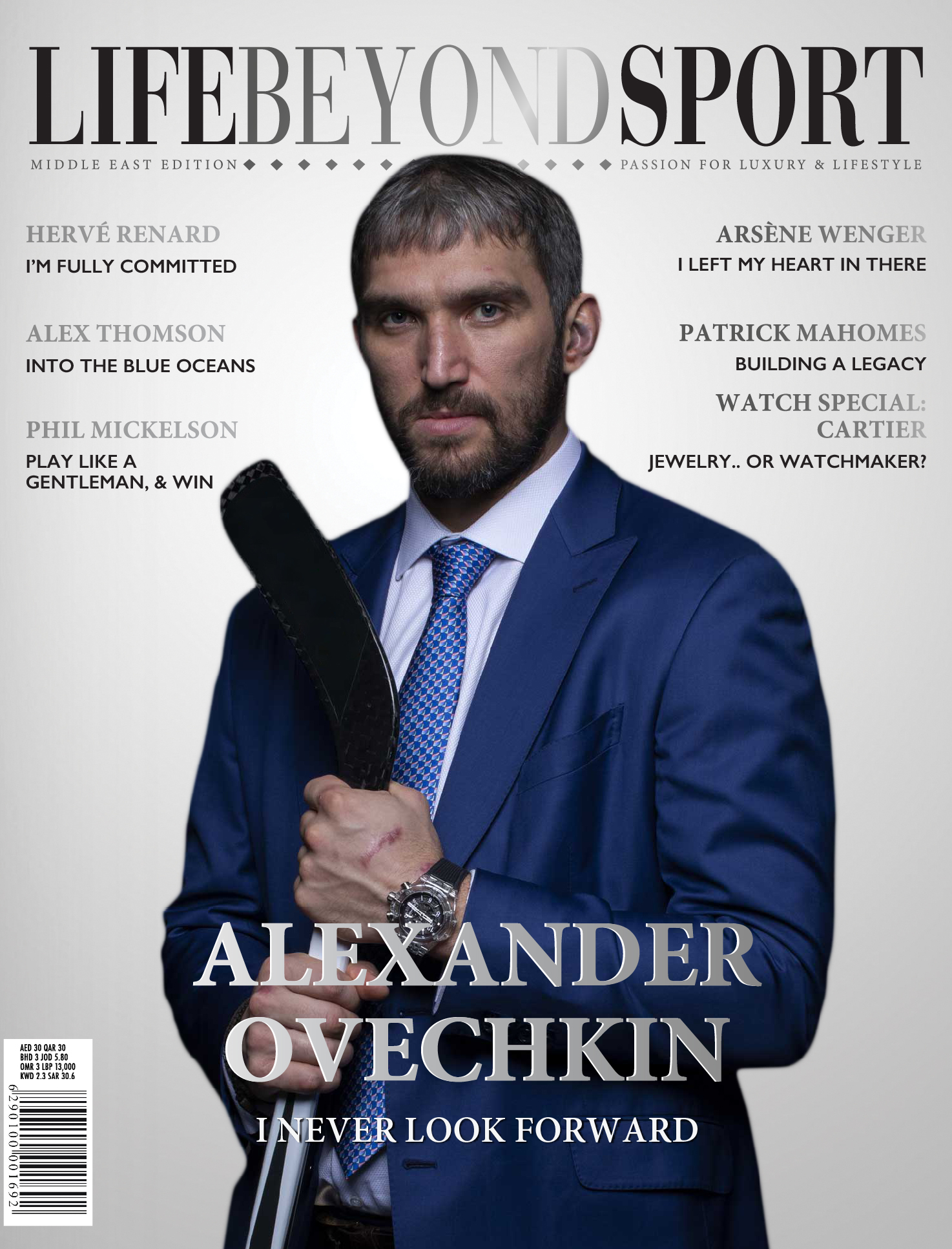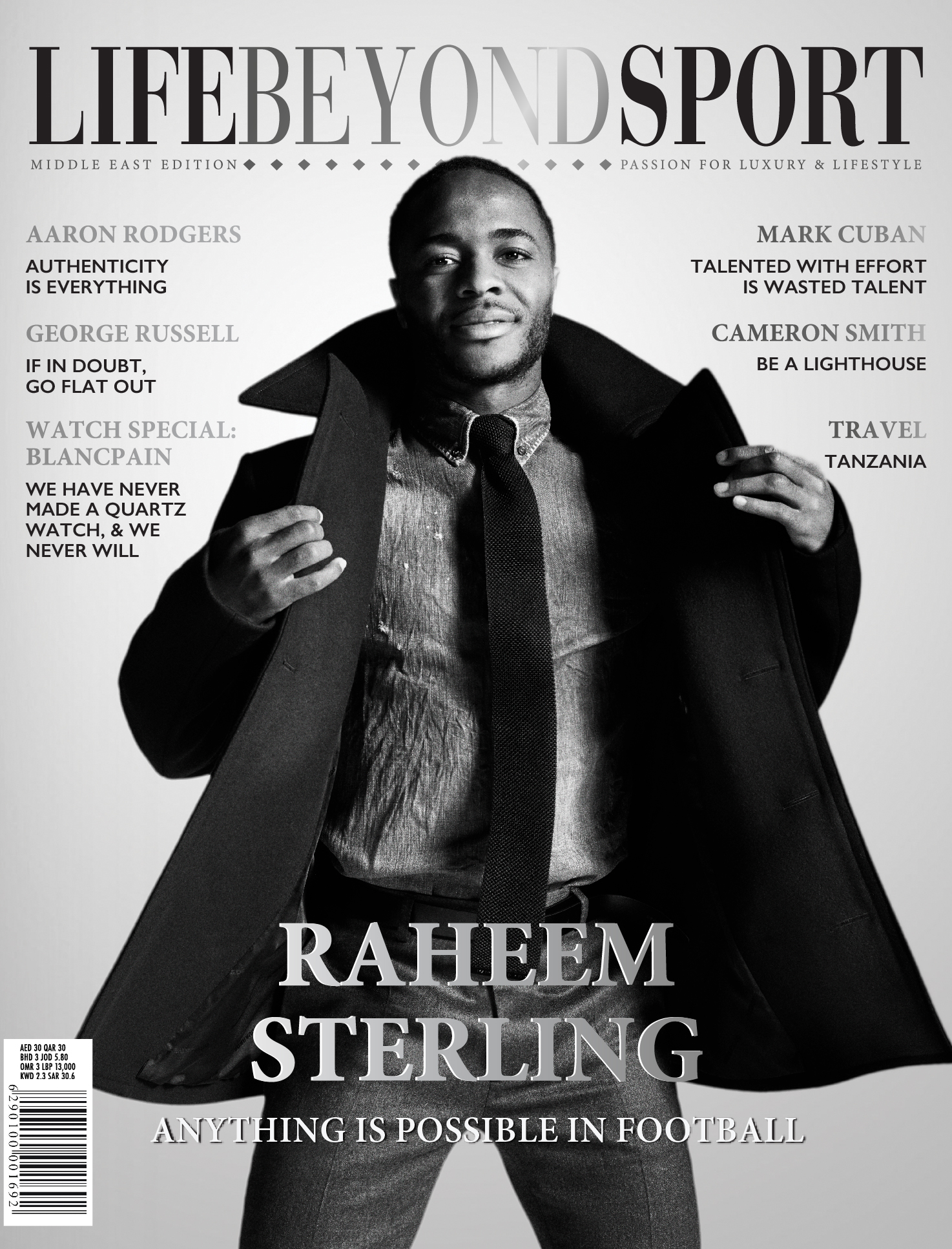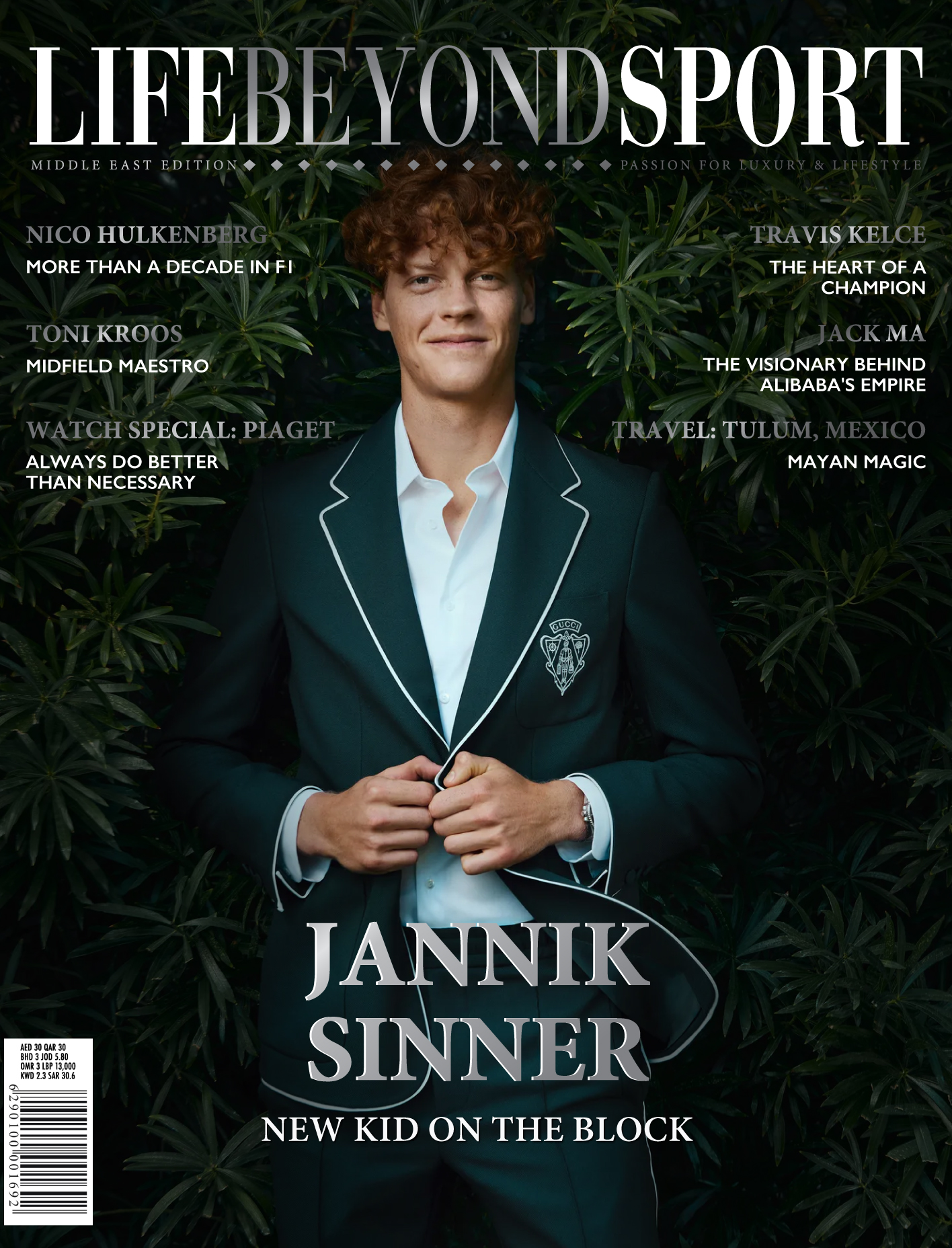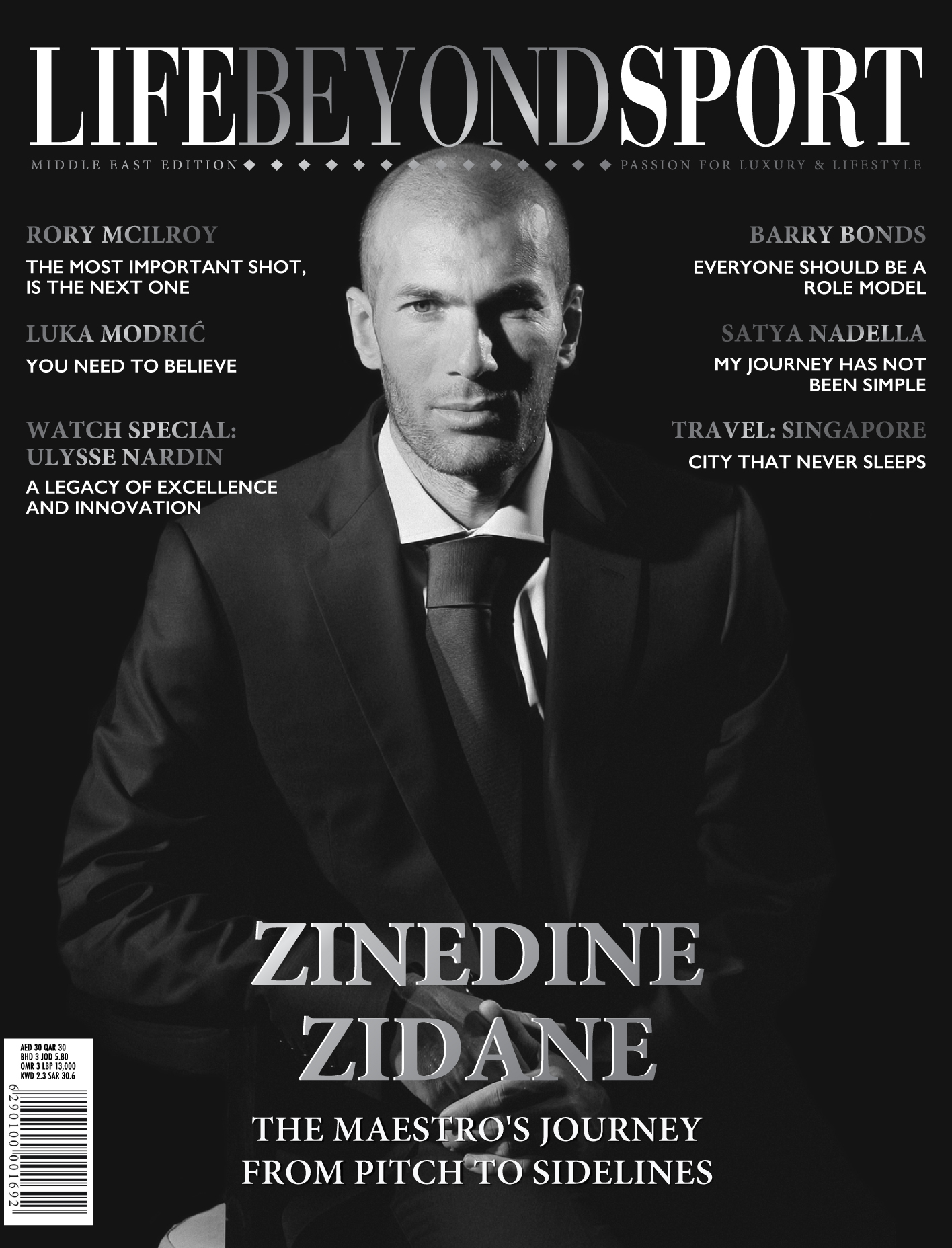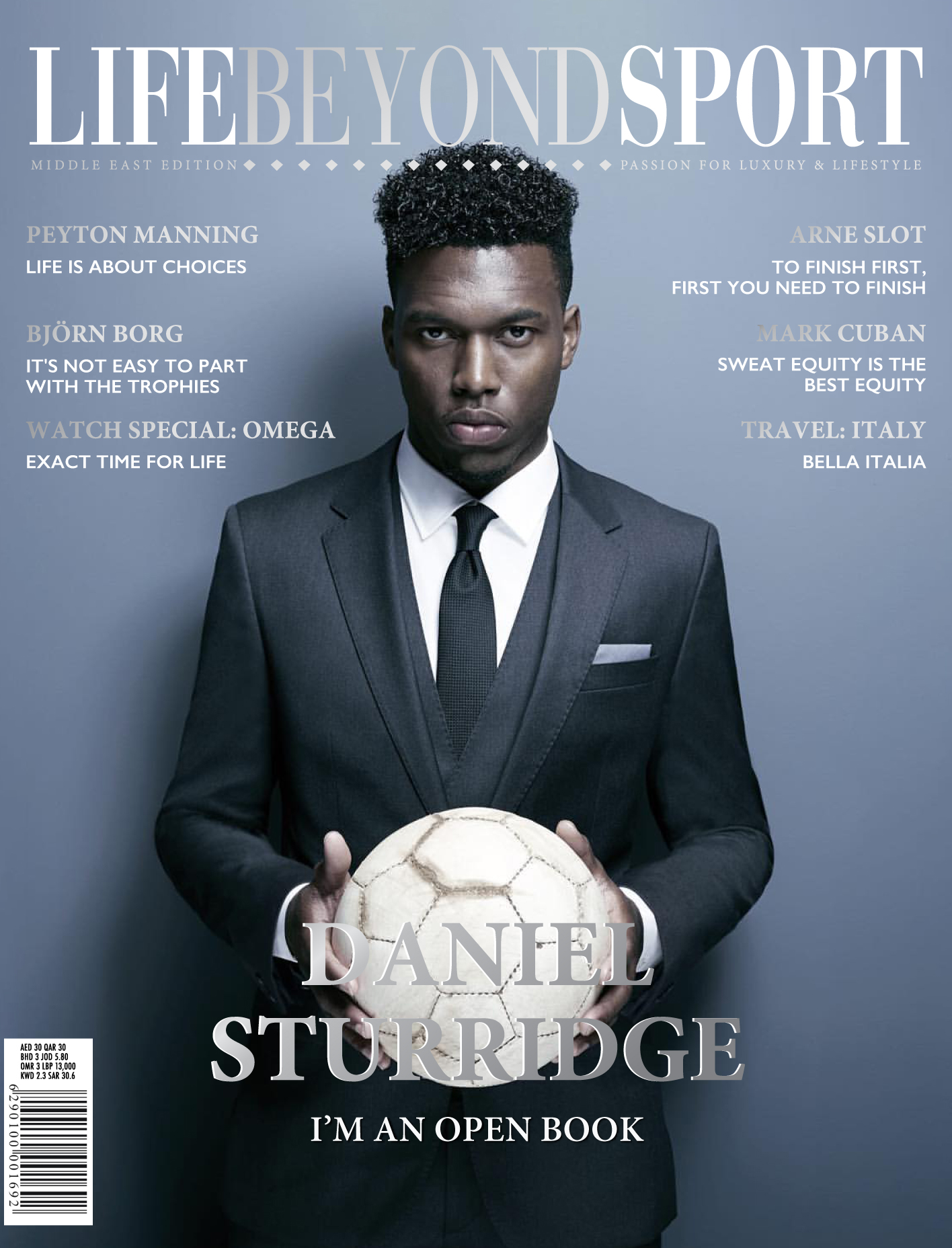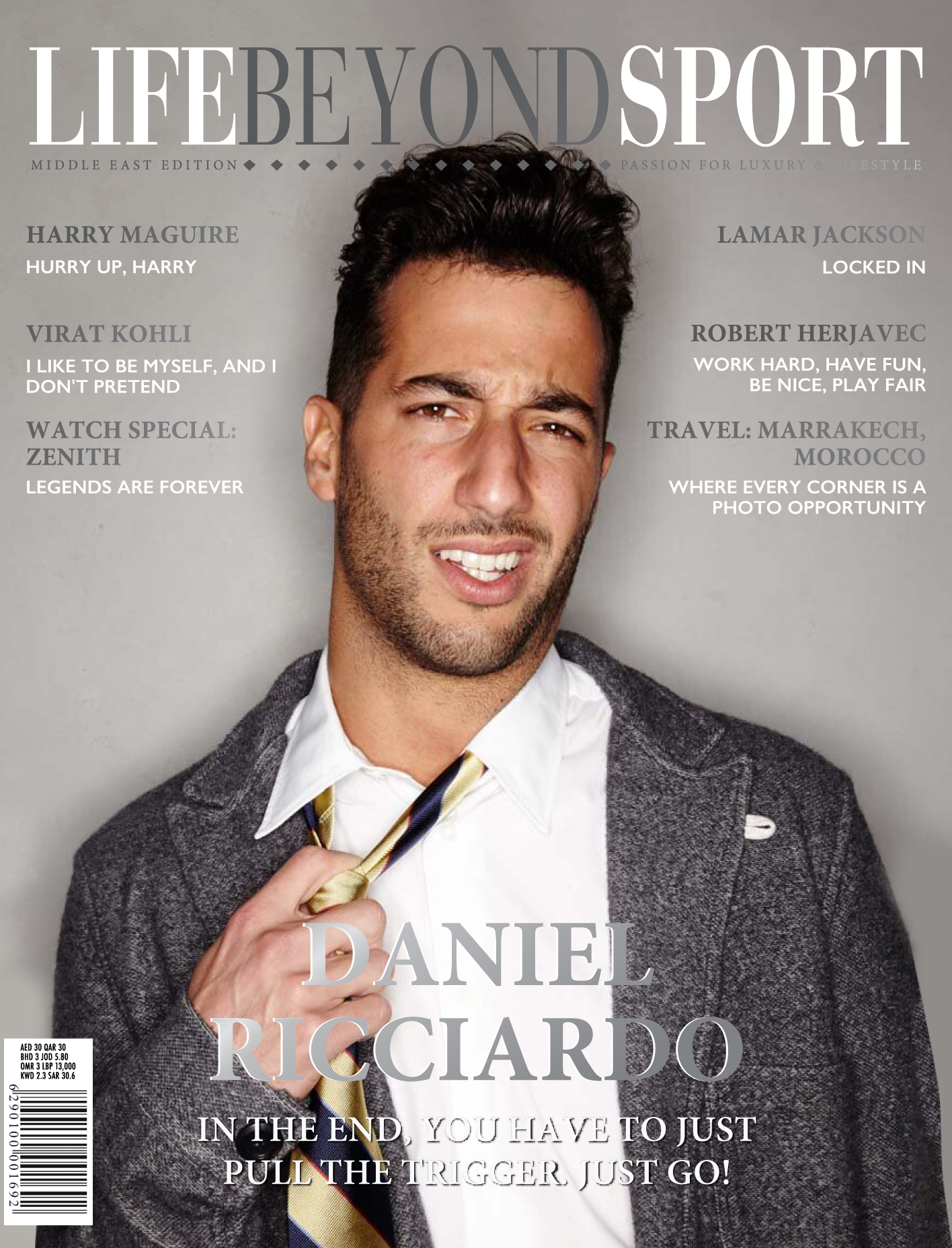Hawk was considered one of the top skateboarders in the world by the time he was 16 years old. In his 17-year professional career, he won more than 70 skateboarding contests, including gold medals at the 1995 and 1997 X Games. ... He started a skateboarding company, BirdHouse, with Per Welinder, another pro skateboarder. Hawk is widely considered to be one of the most successful and influential pioneers of modern vertical skateboarding. As of 2019, Tony Hawk's net worth is roughly $140 Million dollars.
Mr. Hawk, did anyone ever tell you that you were wasting your time with skateboarding?
Sure, in high school a teacher told me that if I continued to not follow the rules I was never going to make it anywhere.
As a kid you were tested with an IQ of 144. Did you feel any different knowing that you were supposed to be smart?
No, they just put me into what’s called the GATE program for people who are more advanced and more gifted and luckily I did have some camaraderie in that. I had a couple of friends who were in the same program.
How does a highly intelligent kid in the ’80s get so obsessed with skateboarding?
I was skating with friends in my neighborhood and then eventually I was invited to go to the skate park with one of them. When I saw people flying all around – literally flying in and out of bowls – that is when I knew I wanted to do it. I wanted to figure out how I could get there and how I could fly.
How long was it before you got injured for the first time?
When I was around eleven or twelve, my board got hung up on the top of a bowl and I got a concussion and I knocked my teeth out. That was the first time that I got seriously injured and I was taken to the hospital in an ambulance and my parents briefly doubted.
What was their reaction?
My dad made me get a new helmet. (Laughs)
What was the most painful injury you ever had?
A broken pelvis. When you break your pelvis you can’t do a whole lot. It took me about six weeks to be able to get out of bed. Anything you do that shakes your body is painful all over, so you can’t cough, you can’t sneeze, and going to the bathroom is impossible. It sucks.
How old were you when that happened?
I was about 33. It was a rough time and it took me a long time to get back to skating at the level I was skating because I had a lot of confidence issues. I couldn’t trust myself anymore.
That was two years after you landed your first 900, at the time the biggest trick anybody had ever done on a skateboard. In 2012 the first 1080 was done by twelve-year-old Tom Schaar. What does that say about the future of skateboarding?
It basically explains how much support there is for skateboarding now. The fact that a guy like Tom has those kinds of facilities and training grounds and interest and support to do this kind of thing is amazing. We didn’t have huge ramps, we didn’t have foam pits and stuff like that. So that really shows you how far we have come in the sport and it definitely shows you the future.
But you were bullied for being a skateboarder back when you were in school.
Yes, but that gave me the fire to push it even further. That gave me the reason to try harder and make it more legitimate. I felt like I had something that they didn’t really understand and I liked that. I liked that it set me apart and I didn’t care what they thought.
Do you sometimes have a hard time believing that skateboarding is now generally considered as cool?
I think there is a part in me that still doesn’t believe that because of how it was received when I grew up. But the other part of me is very much like, “Finally they figured it out!” I knew it all along that this was something that was much deeper, a positive creative and artistic outlet.
You witnessed your sport become a global sensation and then suddenly it became unpopular again in the early ’90s. How did that affect you as skateboarding’s poster boy?
A lot of skateparks were closing because they couldn’t afford the insurance and it was falling out of fashion as well. That wasn’t that tough because I had already lived through that early on, but the hardest thing for me was providing for my family. I had two houses and a big mortgage and my income was being cut in half every month. That got really hard.
Did you start your company Birdhouse Skateboards because of that moment of crisis?
Yes, that is exactly why I started it. I figured it would not take that much to make a splash in the skate world. Advertising on the back cover of a skate magazine wasn’t very expensive at the time and we were able to put ourselves in a good position right from the beginning.
Did you always have an entrepreneurial streak?
I had an interest in it, but that was the first time that I actually took a risk like that.
And people did call you a sell out for it.
But I never compromised my values, I was never changing the reason for the things I did just because there was bigger money behind it or a bigger sponsorship.
You advertised for McDonald’s…
I ate McDonalds as a kid, they didn‘t change my beliefs or something.
One last question: Do you consider the marble floor hallway of the White House a good spot to skate?
(Laughs) You know, I didn’t plan that ahead of time, but it was fun. I brought my board with me when I got invited and suddenly I found myself walking through a hallway with no one around, so I thought I would just grab my skateboard and get a picture.
You didn’t ask for permission?
No, that is not really the skate credo.
.jpg) Life Beyond Sport magazine is a pioneering publication that breaks through the traditional barriers of men’s lifestyle magazines by smoothly combining a man’s love of sport with his passion for the finer things in life. The magazine contains a range of features, interviews and photo-shoots that provide an exclusive insight into the sportsman’s lifestyle. Only in Life Beyond Sport will you find the biggest names from the worlds of Football, Tennis, Formula 1, Golf, Polo and more.
Life Beyond Sport magazine is a pioneering publication that breaks through the traditional barriers of men’s lifestyle magazines by smoothly combining a man’s love of sport with his passion for the finer things in life. The magazine contains a range of features, interviews and photo-shoots that provide an exclusive insight into the sportsman’s lifestyle. Only in Life Beyond Sport will you find the biggest names from the worlds of Football, Tennis, Formula 1, Golf, Polo and more.